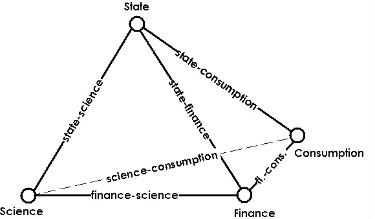
1. Mark Whitaker
2. The Infrastructure of Asbestos in Korea still there in surprising consumptive uses. A person who regularly puts salt on his fast food, puts talc powder on his body, chews gum, and rides a cheap train may intersect with asbestos unwillingly and unknowingly four different ways every day. If you are someone who lives near Hongseong and Boryeong, you have another infrastructure that's hard to avoid: a 'closed' asbestos mine that is perhaps associated with why half the people there have lung diseases though aren't miners. That's quite a basis for changing someone's institutionalized habit--if they listen to the information that is.
3. Interesting on the large scale of its 'inherited' use or its ongoing tainted use in many consumer products and experiences in Korea. So a person who regularly puts salt on his fast food, puts talc powder on his body, chews gum, and rides a cheap train may intersect with asbestos unwillingly and unknowingly four different ways every day. that's quite a basis for changing someone's institutionalized habit--if they listen to the information that is.
A huge lawsuit is possible I guess if the government refuses to alter this infrastructure and clean it up. I put brackets [] throughout the article where I see an example of forms of institutional habit, personal habit, legalization, and legitimation/delegitimation that keeps the regime of asbestos politically intact or politically challenged.
--------------
11-16-2009 17:52 여성 남성
Traces of Asbestos Detected in Trains
Members of the Korean Railway Workers’ Union read a statement calling on KORAIL to take steps to deal with traces of asbestos found in insulation materials in train cars during a news conference at Seoul Station, Monday.
/ Korea Times Photo
by Kim Ju-young
By Bae Ji-sook
Staff Reporter
Traces of asbestos, a grade-one carcinogen, were detected in heating systems installed in Mugunghwa and Saemaeul railway trains, the Korean Railway Workers' Union and the Korean Federation for Environmental Movement claimed [in a delegitimating way] Monday.
Since the ventilation is poor, the potential impact on the human body could be critical, the groups said, questioning KORAIL's [legitimating, self-assessing] claims that the amount was not big enough to be considered a heath hazard.
According to the workers' union, out of 28 heating and interior material samples collected from 21 carriages, 43 percent were found with traces of asbestos of varying densities but, in some cases, dangerously high.
They attributed it to the [political legalization] failure to refurbish materials installed when there were no regulations.
"The cars we surveyed were made between 1986 and 1998 [under previous institutional rules of construction no longer valid] but those found with traces of asbestos date from 1986 and 1987 in terms of the manufacturing period," said Lee Tae-young, the union spokesman.
Saemaeul and Mugunghwa are cheaper alternatives to the KTX bullet train launched in 2004. "It has been a long time since asbestos has been a hot issue nationwide, but the company doesn't seem to care about the less profitable units," he added. [delegitimating discourse to encouraging upset consumers and rightly so; this makes political allies of the general public around rejecting the material, as well aims to create legalization changes as in the government to regulate these train cars for asbestos.]
Currently, there are 1,006 Mugunghwa and 1,130 Saemaeul train cars in operation nationwide carrying an average of 200,000 passengers a day.
The group asked the [legalizing] government to conduct a health checkup on the health of passengers and railway workers. [delegitimating discourse:] "KORAIL needs to replace its fleets," Choi Ye-yong, an official of the environmental civic group, said.
[delegitimating alliance of agreement:] The World Health Organization has long designated asbestos as a life-threatening substance that is known to cause respiratory diseases such as asbestosis and lung cancer, but it was only recently that Korea started to take it seriously [with legislation against it as a materials choice.].
In April, the [other institutional ally, the] Korea Food and Drug Administration (KFDA) confirmed that it had detected asbestos in 11 brands of baby talcum powders. The revelation expanded to capsule wrappings of several drugs, chewing gum, cosmetic goods and many other products. The authorities banned the sales of the respective products [to legitimate themselves once more and via legislation] and called for a halt of the use of talcum powder in others. [Amazing how deep and widespread are the environmental implications of things, when you consider all different choices of using them in different consumptive categories as part of their general flow.]
In June, [another institutional ally in demoting the residual asbestos material regime] the Ministry of Environment confirmed that nearly one in two residents living in Hongseong and Boryeong near a closed mine in South Chungcheong Province contracted various lung diseases, apparently caused by asbestos inhalation.
Last week, an environmental civic group claimed that traces of asbestos were detected at four salt farms nationwide, apparently due to the slated roof of the salt warehouse. [delegitimating it among general public, making a widespread uproar of concern, since salt is virtually unsubstitutable in its category of mineral foods. Poisoin a country's salt, and you have a rather wide base for social movement opposition to the asbestos material as a choice.]
bjs@koreatimes.co.kr
---
http://koreatimes.co.kr/www/news/nation/2009/11/117_55576.html
Recent books:
Fatal Deception: The Terrifying True Story of How Asbestos is Killing America by Michael Bowker (Paperback - Sep 2, 2003)
From Publishers Weekly
Journalist Bowker’s riveting, anecdotal look at the damage done by mining and manufacturing companies who denied the harmful effects of asbestos might have been titled "Evil Incorporated." Focusing largely on a vermiculite mine in bucolic Libby, Montana, Bowker shows a business that put its bottom line over its employees’ health. Interviews with victims of asbestos poisoning and their survivors are interspersed with EPA reports, company memos and other sources, as Bowker charts asbestos’s history, from its identification [i.e., social infrastructural legitimation] as a "miracle mineral" to the first signs that it might be dangerous, to the government’s ineffectual [legalization, pro-asbestos regime] policies and various companies’ decisions not to inform its workers of the health risks it posed. [legitimation via silence and omission, same with fluoride we will watch on Thursday] As one asbestos plant exec is alleged to have said, it was "the company’s policy to let workers continue on the job until they quit work because of asbestosis or died of other asbestos-related disease." Worker after worker describes how he was never told that the dust he encountered daily was poisonous: "The asbestos was whitish-gray and my hair was pure white after work. We never wore any protective gear, except the little paper masks they gave us," said one worker who now has asbestosis. The personal stories make for a sad and gripping read, as Bowker, in classic muckraking style, gives voice to many who suffer from long-term exposure to asbestos and argues for a ban on asbestos products in the U.S.
Copyright 2003 Reed Business Information, Inc. --This text refers to the Hardcover edition.
Product Description
STILL LEGAL, STILL LETHAL
Most Americans mistakenly believe asbestos was banned long ago. In fact, it is still legal and can still kill you. Its microscopic fibers cause painful and incurable diseases.
Despite being outlawed in nearly every other industrialized country, asbestos remains a legal component of more than three thousand common products in the United States. These include toasters, washers/dryers, ovens, building supplies, and automobile brakes. Our confusion about asbestos is no accident.
Fatal Deception is a chilling exposé of the asbestos industry's successful seventy-year campaign to hide the deadly effects of its products from the American people. The stakes are high -- tens of thousands of lives and hundreds of billions of dollars. Michael Bowker rips the cover off the decades of deceit [around a particular material regime--are other material regimes that we think 'so legitimate' really so upon examination?], including the treachery in Libby, Montana, site of the most deadly environmental disaster in U.S. history. He also unveils a startling and ongoing cover-up at Ground Zero -- where thousands of New Yorkers may still be suffering from exposure to dangerous levels of asbestos fibers. [Do you know who said the air in New York City was 'completely safe'? Someone whose husband was heavily invested in new York real estate insurance companies. No joke. new York was covered in asbestos on 9-11-01 from the pulverized massive buildings and the burning craters for months afterward.]
Compelling, enraging, and very timely, Fatal Deception is not just a fascinating story, it is a plea to [delegitimate the government, and thus cause the government to legitimate itself to have] the government and to the American people to help sponsor research [state-science position] into asbestos-related diseases -- and a call to arms to ban asbestos now.
Defending the Indefensible: The Global Asbestos Industry and its Fight for Survival (Hardcover, 2008)
Review
given all that has been written and said about asbestos over the past 30 years is there anything else worth knowing? Do we really need another book on asbestos? After reading Defending the Indefensible the emphatic answer I reached was yes. This book is a tour-de-force of informed and concerned scholarship. Labour History [a] compelling book. The Lancet, Volume 373, Issue 9660
Product Description
In the early twentieth century, asbestos had a reputation as a lifesaver. In 1960, however, it became known that even relatively brief exposure to asbestos can cause mesothelioma, a virulent and lethal cancer.
Yet the bulk of the world's asbestos was mined after 1960. Asbestos usage in many countries continued unabated. [it's a silent 'inconspicuous consumption' regime, eh? How many people knew that asbestos was still legal in most countries and widely used?]
[The definition of a politicized raw material regime in the position of choice of materials, keeping out other things by politics instead of by economic or material requirements to be there:]
This is the first global history of how the asbestos industry and its allies in government, insurance, and medicine defended the product throughout the twentieth century. It explains how mining and manufacture could continue despite overwhelming medical evidence as to the risks. The argument advanced in this book is that asbestos has proved so enduring because the industry was able to mount a successful defense strategy for the mineral--a strategy that still operates in some parts of the world. This defence involved the shaping of the public debate by censoring, and sometimes corrupting, scientific research, nurturing scientific uncertainty, and using allies in government, insurance, and medicine.
The book also discusses the problems of asbestos in the environment, compensating victims, and the continued use of asbestos in the developing world. Its global focus shows how asbestos can be seen as a model for many occupational diseases [and a model for a repressive raw material regime of politics]--indeed for a whole range of hazards produced by industrial societies. The book is based on a wealth of documentary material gained from legal discovery, supplemented by evidence from the authors' visits and researches in the US, the UK, Canada, Kazakhstan, Zimbabwe, Australia, Swaziland, and South Africa.
"Asbestos: The Other White Meat"
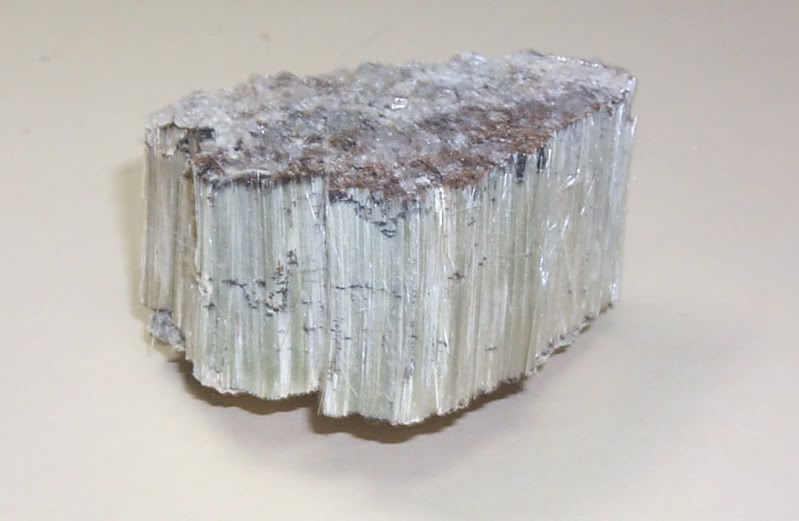
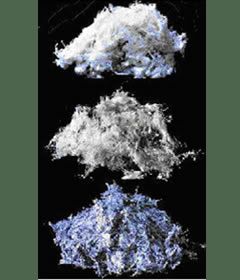



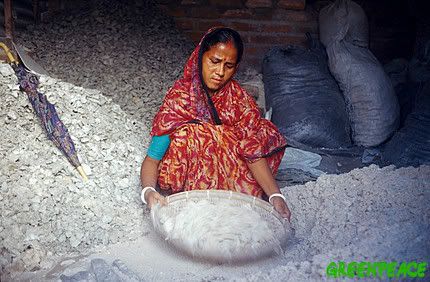



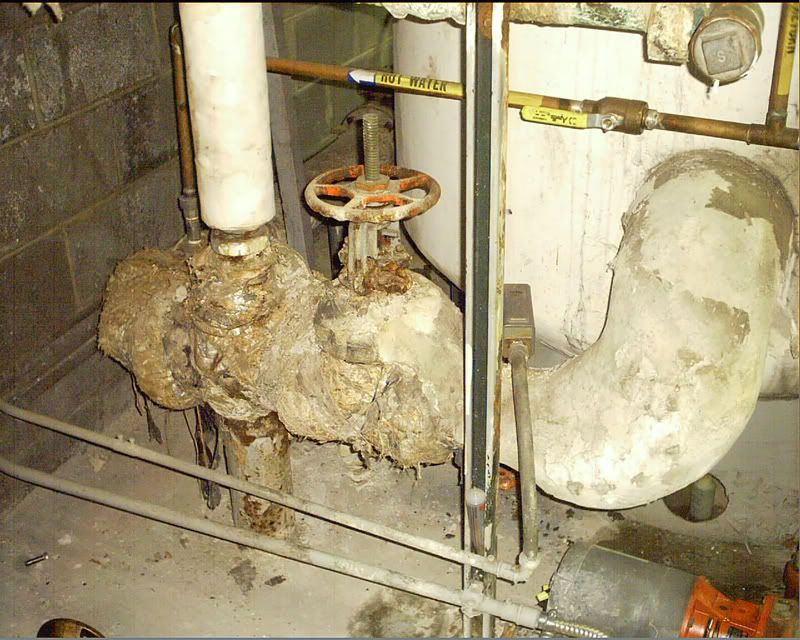
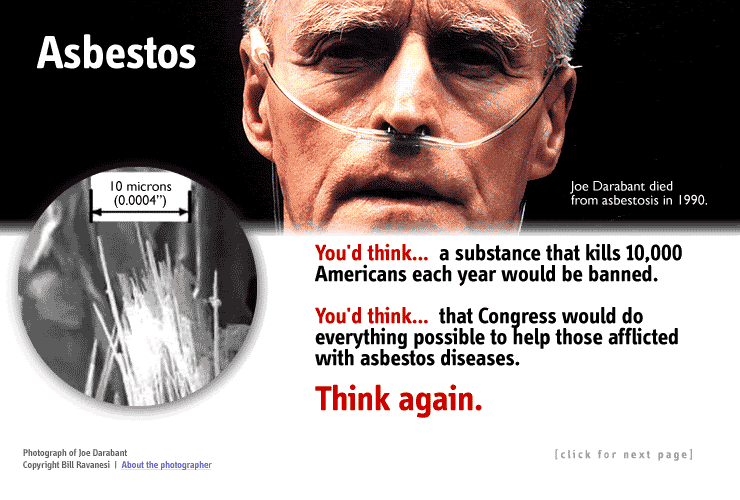

The map above displays asbestos deaths from mesothelioma or asbestosis as reported to the federal government via death certificate records from 1979 through 2001. It likely represents less than 20 percent of total asbestos mortality during that time.
http://reports.ewg.org/reports/asbestos/maps/government_data.php
